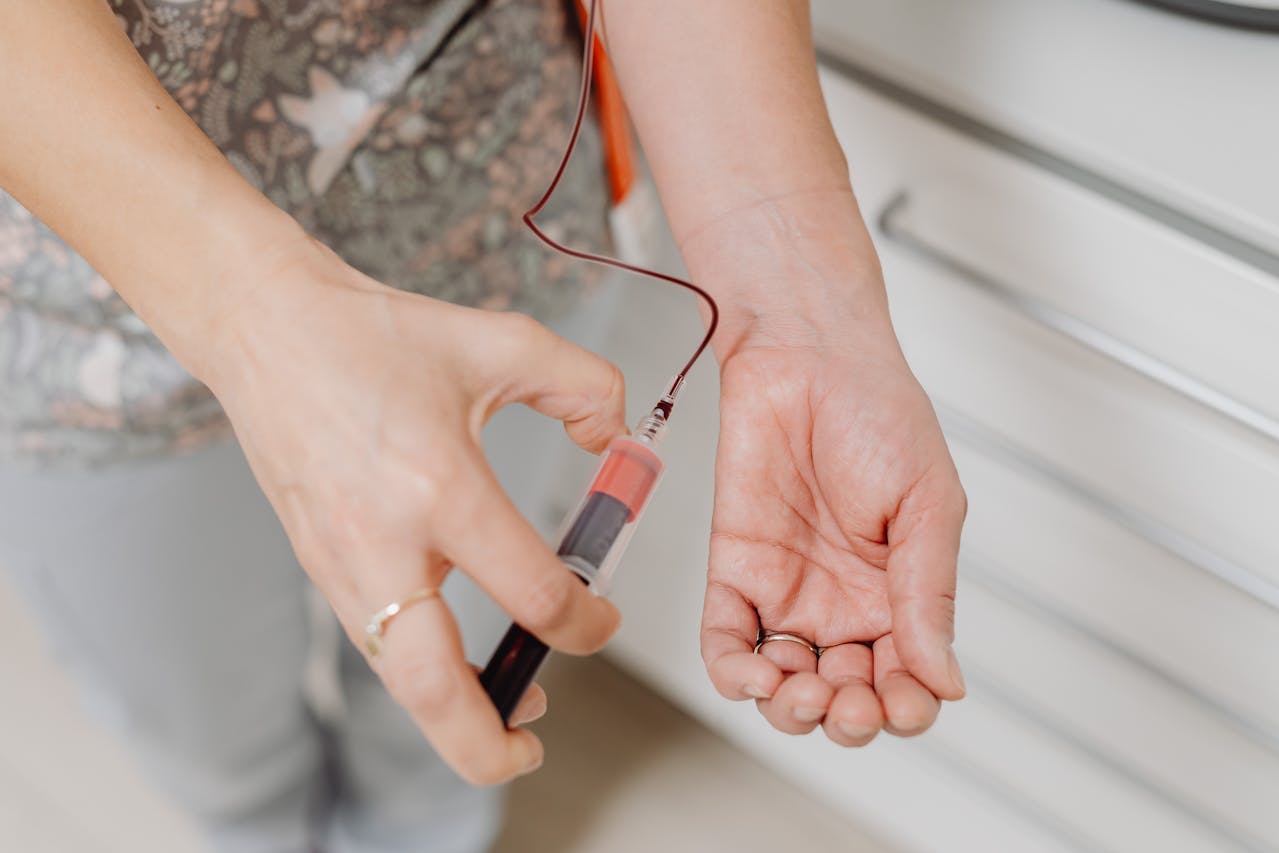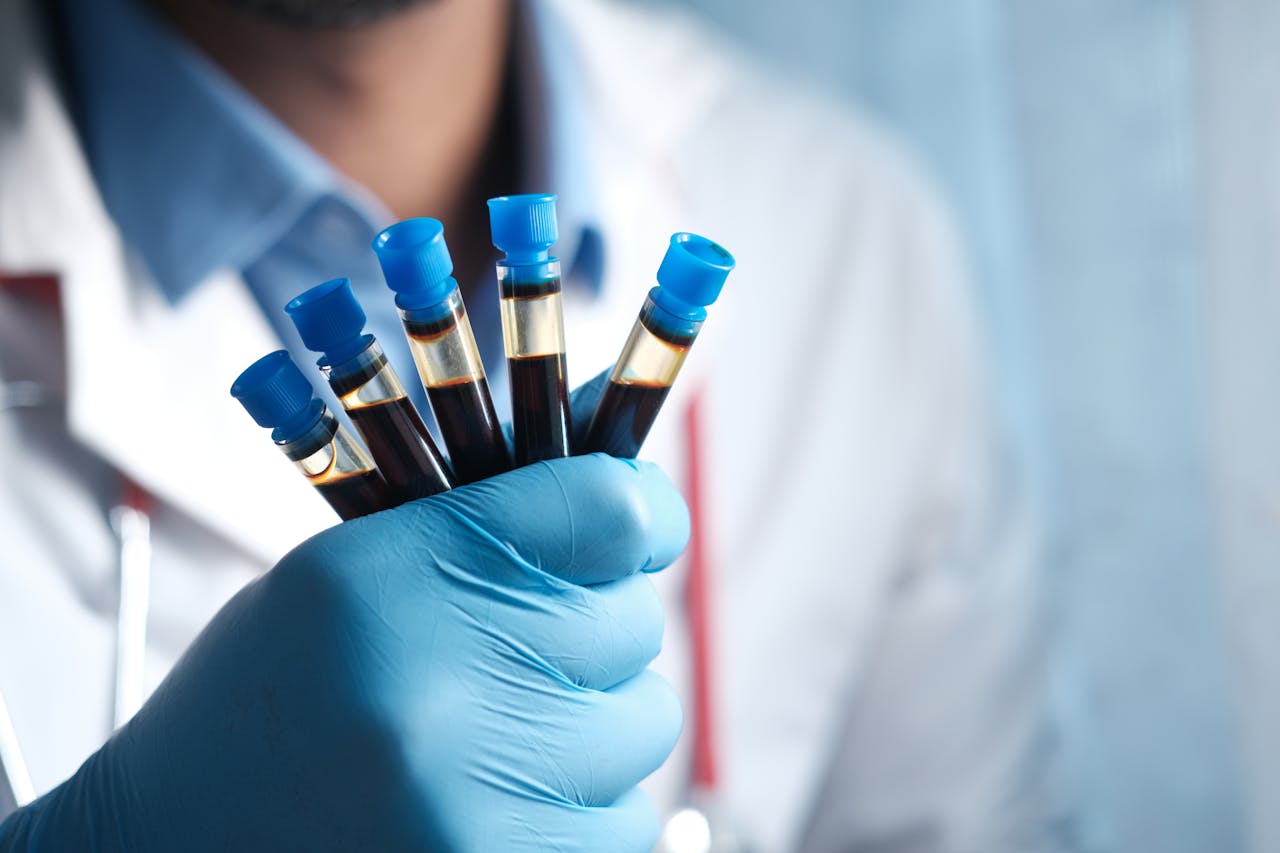Hepatology is the medical speciality focused on the liver, gallbladder, pancreas, and bile ducts. These organs are crucial to digestion, detoxification, and overall metabolism. Hepatologists play a central role in diagnosing, treating, and preventing diseases that affect these vital organs—including hepatitis, cirrhosis, and liver cancer, as well as the rising cases of metabolic-associated fatty liver disease, which is increasingly linked to global lifestyle and dietary changes.
As the global burden of liver-related conditions rises, hepatology has become increasingly important in modern healthcare.
What Does Hepatology Cover?
Hepatology involves the study and treatment of diseases and disorders affecting:
- Liver: The largest internal organ responsible for detoxification, protein synthesis, and metabolism.
- Gallbladder: A small organ that stores and releases bile, aiding in fat digestion.
- Bile Ducts: Pathways that carry bile from the liver and gallbladder to the small intestine.
- Pancreas: An organ involved in both digestion and hormonal regulation (e.g. insulin production).
Hepatologists manage both acute and chronic conditions, from viral hepatitis and alcoholic liver disease to non-alcoholic fatty liver disease (NAFLD) and autoimmune hepatitis.
Common Conditions Managed by Hepatologists
Some of the most frequently treated conditions in hepatology include:
- Hepatitis A, B, and C: Viral infections that inflame the liver and can lead to long-term complications if untreated.
- Cirrhosis: Scarring of the liver tissue, often due to long-term alcohol use, chronic hepatitis, or fatty liver disease.
- Liver Cancer: Hepatocellular carcinoma is a major concern, especially in patients with cirrhosis or hepatitis B.
- Gallstones and Biliary Disorders: Gallstones can block bile ducts, leading to pain, infection, and digestive issues.
- Pancreatitis: Inflammation of the pancreas caused by gallstones, alcohol use, or metabolic conditions.
Students pursuing a medical degree will gain foundational knowledge in diagnosing and managing these diseases through structured clinical exposure.
How Do You Become a Hepatologist?
The path to becoming a hepatologist involves several key steps:
1. Pre-University Science Qualification
Begin with a solid foundation in science, such as a background in medical science, with a focus on biology, chemistry, and physics.
2. Earn a Medical Degree
Complete an accredited medical degree in Malaysia or abroad, which typically includes 5–6 years of academic and clinical training.
3. Specialise in Internal Medicine
Following graduation, complete a residency or postgraduate training in internal medicine to build a base in diagnosing systemic diseases.
4. Pursue Subspecialty Training in Hepatology or Gastroenterology
Further training is required in hepatology or gastroenterology. This may include fellowships that focus specifically on liver-related diseases, endoscopy procedures, and liver transplantation management.

Tools and Techniques in Hepatology
Hepatologists use various tools and technologies to assess and manage liver health:
- Blood Tests: Liver function tests (LFTs) to detect enzymes and bilirubin levels.
- Ultrasound and CT Scans: Imaging techniques to visualise liver structure and spot abnormalities.
- Fibroscan: A non-invasive tool to assess liver stiffness and detect fibrosis or cirrhosis.
- Liver Biopsy: Microscopic examination of liver tissue for diagnosis and staging of disease.
- Endoscopy: Used for diagnosing bleeding or blockages in the upper digestive tract.
The Importance of Hepatology in Global Health
The rise in obesity, alcohol use, and viral infections has made hepatology a critical part of public health. Hepatologists:
- Prevent liver failure through early detection and management
- Educate communities about hepatitis screening and vaccination
- Guide treatment for liver transplant patients
- Collaborate with global health initiatives to reduce liver cancer mortality
Malaysia’s healthcare system is increasingly focused on training doctors in these vital specialisations, making institutions like RUMC an ideal choice for aspiring hepatologists.
Final Thoughts About Hepatology
Hepatology is a dynamic and impactful field dedicated to preserving and restoring liver health. From combating hepatitis outbreaks to performing lifesaving interventions, hepatologists are at the frontlines of modern medicine.
A strong foundation through a medical degree or a degree in biomedical science is the first step toward specialising in hepatology and making a lasting difference in patient care.
FAQs About Hepatology
1. What is the difference between hepatology and gastroenterology?
Hepatology focuses specifically on the liver, gallbladder, and pancreas, while gastroenterology covers the entire digestive system, including the intestines and stomach.
2. Can I become a hepatologist after a medical degree?
Yes, you can pursue subspecialty training in hepatology after completing your medical degree and a residency in internal medicine.
3. What conditions does a hepatologist treat?
Hepatologists treat liver diseases like hepatitis, cirrhosis, liver cancer, fatty liver, and gallbladder or bile duct disorders.
4. Is hepatology a growing field in Malaysia?
Yes, due to increasing rates of liver-related diseases, hepatology is a growing and essential speciality within the Malaysian healthcare system.






